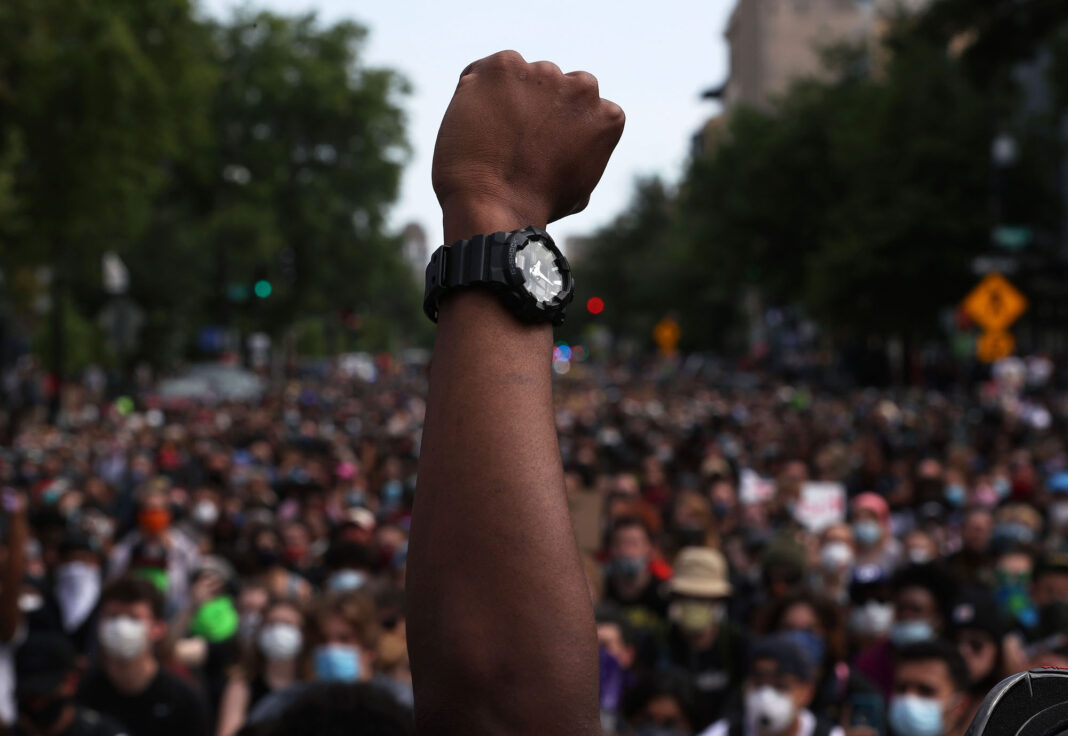Freshman year was by far one of the hardest years of my life. Coming from one of the most diverse cities in the world, Muhlenberg’s little bubble was a culture shock to me. It had never been so clear to me that I was a minority up until that point.
All I experienced prior to being a ‘Berg student, wasn’t enough to prepare me for what I was about to face. I grappled with this feeling of isolation and had never felt so unheard in my life. I felt as if the institution admitted me to meet a quota and then they disregarded the needs of my classmates and me, as people of color at a PWI.
Towards the middle of my first spring semester, I had experienced so many different incidences that were brushed over by the administration. I honestly didn’t know what to do. After trying to communicate with the administration and failing, I finally started talking to a lot of other students of color who had either felt targeted or neglected by the students and faculty at Muhlenberg. Many other students and I were fed up with all the conversations that we were having that were going nowhere.
After weeks of back and forth, we had come up with the plan to throw a protest on campus. It wasn’t a large group of us, maybe 20, but we stood outside the Life Sports Center throughout Admissions Day silently holding the demands we had been asking for.
We even moved to the designated space they had for us instead of holding ground. I will never forget the pep band played “All-Star” from the Shrek Movie as we held our demands for our rights side by side.
Some of the unmet demands include the following:
- We demand changes to the Code of Conduct to include explicit and clear language around the use of slurs. These changes must be made in conjunction with all historically underrepresented groups. This change must have a Zero Tolerance Policy for the use of slurs in a manner that is consistent with historical patterns of disenfranchisement.
- We demand the inclusion of students of color on the judicial board in a manner that is not only reflective of the racial makeup of Muhlenberg College’s campus but is also equitable to the number of social code violations related to race.
- We demand that specifically Africana Studies, Asian Studies, Latin America, and Caribbean Studies be given a panel of students from these respective ethnic backgrounds who are actively involved in these programs to have transparency and equal impact in the hiring, retaining, and tenuring of any faculty member, director, and/or administrator as well as developing the curriculum. This demand is urgent and necessary because the College has been unwilling and unable to fully support these essential programs and to retain faculty of color, particularly those associated with these programs.
Other participants and I personally received backlash from faculty members. My close friend, a tour guide, was even told to go around us as she showed the school to incoming students. Even still, I thought that the administration had finally realized that we were serious about demanding action.
I was very wrong.
Soon after, we had a meeting with the administration and went over the demands. In my sophomore year, they were addressed maybe twice, if that much, and no real change was made. The administration counted on us burning out and to be fair, we did. They had no one holding them accountable to make these changes so the list of demands sits in my Google Drive.
I’m now a Junior and when the pandemic further exposed racial and economic inequities, I got deeply involved in the movement for social justice. I found it increasingly challenging to ignore the same issues Muhlenberg as an institution overlooks. A group of students, many of whom had helped put together the protest on campus, and I have been meeting with the administration repeatedly and have gotten nothing but rejection and false hope.
They have taken hours of our free time and expect us to continue to show up to meetings, often disregarding that we have lives outside of school. They assume we don’t have jobs or other commitments. We have tried and we won’t stop, but we are tired. We shouldn’t have to teach our “superiors” how to better address the issues they get PAID to address. As much as we shouldn’t have to, it’s pretty apparent that they need the hand-holding in order to enforce change.
To start, Muhlenberg cannot commit to the change it says it wants without learning how to retain their BIPOC faculty, provide more safe/brave spaces for BIPOC students, and actually enact the demands we discussed earlier along with further ones that may come.
Sometimes I wonder if all I will remember from my experience at ‘Berg is that I spent that time fighting to fix an institution that fought so hard not to change, but at least I won’t walk away knowing that I didn’t do all that I could to make it maybe just a little bit easier for someone else coming in.






















